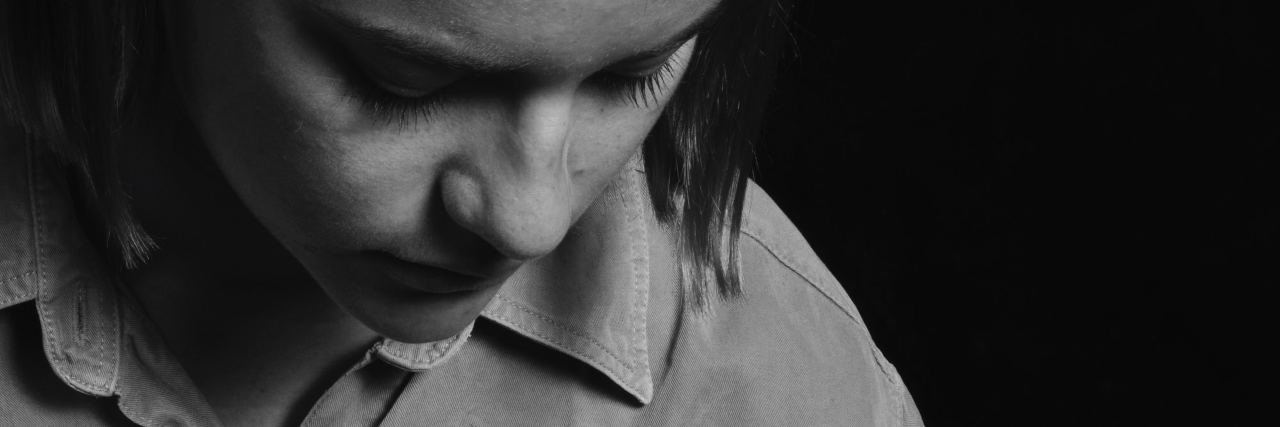What Suicide Prevention Movements Need to Acknowledge, or They Risk Emotional Harm
Editor's Note
If you experience suicidal thoughts or have lost someone to suicide, the following post could be potentially triggering. You can contact the Crisis Text Line by texting “START” to 741741.
Now, I want to preface this piece by saying I’m not entirely ungrateful for movements like World Suicide Prevention Day and “R U OK?” Day. I’m incredibly glad that, in the last decade or so, there has been a massive shift from complete silence and taboo around the discussion of anything mental health-related to a time where initiatives like R U OK? day are large, well-known and generally well-supported. I think it is incredibly important that we are able to have honest and open discussions about our mental well-being, and that the public are provided with educational tools to help them potentially breach this topic with somebody they care about.
But unfortunately, I believe there’s no denying it: elements of R U OK? day are problematic. The big colorful spectacle can trivialize mental health issues. It can make people feel uncomfortable if they are feeling down but get bombarded with this question by a stranger, or in a public place. Putting too much emphasis on a single day can make people neglect this conversation at other times.
These are issues I’ve seen raised and discussed a fair bit this year, which I think is important and promising.
There is one issue, however, I haven’t really seen or heard mentioned much. An issue I now realize, after a solid night of unhealthy overthinking, has made the last week or so (at the time of writing this) particularly emotionally challenging for me. That issue is the survivor’s guilt that days like this can (albeit, unintentionally) thrust upon those who have lost someone to suicide. Given that close to 800,000 people lose their lives to suicide each year, an unfortunately large number of people fall into this “have lost someone” category. I am one of them, and being constantly told by (once again, well-meaning) people and/or posters that saving somebody’s life is as simple as a conversation? That can start to sting.
Because no matter how many times you’ve come to terms with the fact your loved one’s suicide was not your fault (and yes, this is something you have to come to terms with over and over again), it isn’t hard for that feeling of guilt to start creeping back in. It isn’t hard for your mind to start going through the motions again, listing off the things you could’ve and perhaps should’ve done differently.
The reality is, unfortunately, not all suicides are preventable. Many are, and it’s important to continue supporting those struggling with suicidal thoughts and reaching out for help. It is so, so great that we have initiatives that are attempting to raise awareness of this fact and prevent what we can. But I think there is something important about acknowledging that, like with any potentially fatal illness, not all deaths are preventable. Sometimes, the illness will win and there is absolutely nothing you can do about it. Which is horrendously sad, yes, and hard to think about.
I totally get why this isn’t something these campaigns want to draw attention to. I totally get that the quickest way to scare someone away from your initiative is to make them feel unpleasant emotions, like grief and sadness. However, continuing to not acknowledge these facts risks causing some pretty great emotional harm to a large number of people.
So, for everyone out there who does need to hear this:
Not all suicides are preventable.
What happened was not your fault.
You didn’t fail as a partner, parent or friend by not having that one conversation.
You’re allowed to take the time and space to feel a bit of grief during these events if that’s what you need.
You’re allowed to shy away from the events or discourse surrounding these days if that’s what you need. It doesn’t make you any less an advocate for mental health issues, and it doesn’t mean you don’t want suicide prevented.
And, you are not alone in this. You are never alone.
Photo by Callum Skelton on Unsplash

